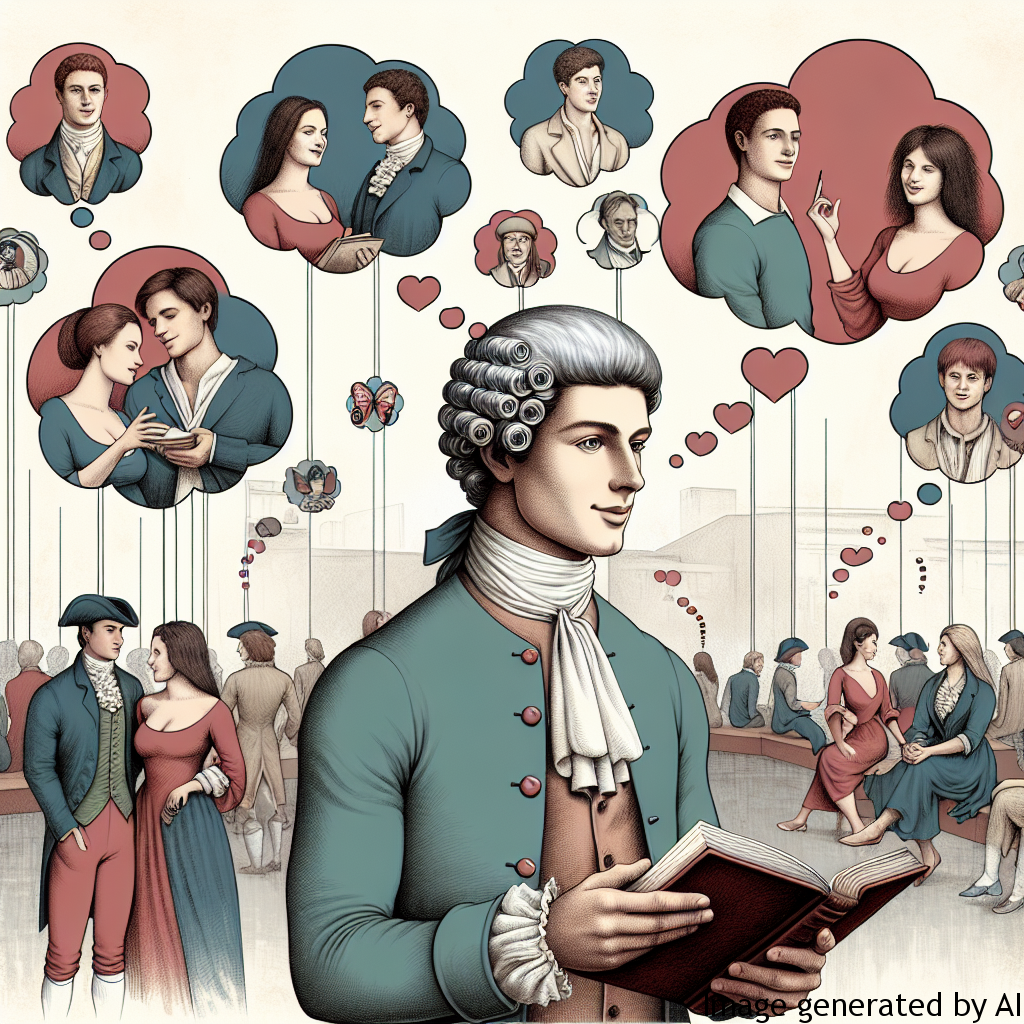Introduction
Throughout history, men’s behavior in romantic relationships and their broader perceptions of masculinity have been influenced by powerful tropes and popular figures. Arguably, none is more famous than Giacomo Casanova, an 18th-century Italian adventurer whose name has since become synonymous with a certain type of seductive, charming, and assertive masculinity. This article seeks to critically examine the influence of ‘Casanova-esque’ behavior on contemporary male dynamics in love and relationships.
Description of Gender Expectations and Their Influence on Men’s Mental Health
Gender expectations are societal norms that prescribe behaviors, roles, and activities for men and women. They shape the way individuals perceive and interact with the world, affecting decisions about education, career paths, and how they should relate to others in relationships.
The Casanova Effect and Masculinity
The ‘Casanova’ stereotype portrays an idealized version of masculinity focused on assertiveness, charm, and sexual prowess. However, this narrowly defined version of masculinity can negatively impact men’s mental health, contributing to feelings of inadequacy, anxiety, and depression in those who don’t conform to the ‘ideal’.
Expectations vs. Reality
An ‘ideal’ man who matches up with the ‘Casanova’ archetype is still revered in some societies, leading many men feeling the pressure to live up to such unrealistic expectations. When these expectations don’t match their identity or personal values, this can lead to psychological distress and lowered self-esteem.
Examples of How Gender Roles Can Influence Men’s Lives
The Casanova trope reflects the larger societal belief that men should be emotionally reserved, which can inhibit emotional intimacy in relationships. Also, the emphasis on physical prowess can lead men to disregard their health, engaging in risky behavior, or eschewing preventative medical care. In their professional lives, men might feel pressure to dominate and show excessive competitiveness, traits associated with the Casanova aesthetic, leading to more stress or even conflicts at work.
Advice for Improving Men’s Mental Health Considering Gender Roles
While the Casanova effect can contribute to mental health issues, recognizing and challenging this influence can be the first step in promoting better mental health. It’s important to debunk unhealthy stereotypes and promote a wider understanding of masculinity and gender roles. Men should feel free in expressing their emotions, understanding that seeking help isn’t a sign of weakness. Also, preventing aggressive behavior by promoting respectful attitudes toward others, especially in relationships, can help in creating a healthier, happier, and more balanced life.
Conclusion
While figures like Casanova continue to exert significant influence, our understanding of his impact gives us a framework for addressing the limitations of these gendered expectations. By encouraging a healthier, more nuanced masculinity, we can help promote improved mental health for men and foster healthier, more respectful relationships.

